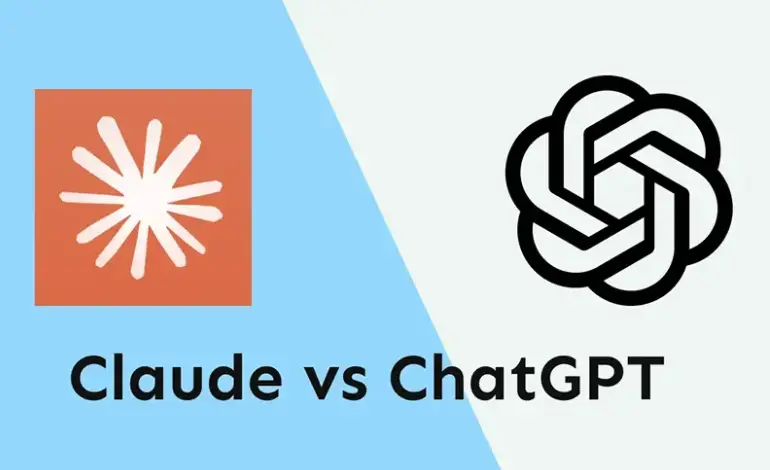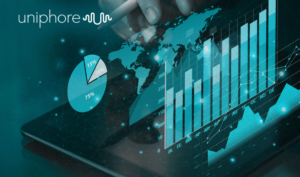Just when you thought the AI wars couldn’t get any more intense, Anthropic has thrown down the gauntlet. According to reports, the company has banned OpenAI from using its Claude AI models, citing a breach of its commercial terms of service.
The news comes at a particularly dramatic moment—right as the buzz around GPT-5 has hit a boiling point. If true, the move could shake up not only how the biggest AI companies interact, but how the entire industry evolves in the months to come.
What’s Going On?
So here’s the gist: OpenAI has reportedly been using Claude’s API, especially Claude Code, to benchmark and test GPT-5—their next-gen language model that’s said to be their biggest leap yet.
Sounds reasonable, right? Not quite.
Anthropic says that kind of usage is strictly against its terms of service, which prohibit using its models to build or test competing systems. A spokesperson told Wired:
“Claude Code has become the go-to choice for coders everywhere, and so it was no surprise to learn OpenAI’s own technical staff were also using our coding tools ahead of the launch of GPT-5. This was a direct violation of our terms.”
As a result, OpenAI has been blocked from using Claude. No API access. No comparisons. No insights.
OpenAI’s Reaction: “This Is Industry Standard”
OpenAI, for its part, is pushing back. A spokesperson called the decision “disappointing” and argued that evaluating other models is a common and necessary practice for ensuring progress and safety:
“It’s industry standard to evaluate other AI systems to benchmark progress and improve safety. Our API remains available to Anthropic.”
In other words: “Hey, we’re all doing this.”
But this time, it seems the fine print won.
A Deeper Rivalry, Years in the Making
To really understand the tension here, you need to go back a bit.
Anthropic was founded in 2021 by ex-OpenAI employees, including Dario Amodei, who left after disagreements around AI safety and commercialization. The company has since carved out its own niche in the AI world—focused more on model alignment, ethics, and safety-first design.
The Claude model family, especially Claude 3 and Claude Code, has gained a reputation for being great at reasoning, handling complex prompts, and writing clean code. It’s also widely seen as a major competitor to GPT-4, particularly among developers.
So yeah—the fact that OpenAI may have been using Claude to help refine GPT-5 probably didn’t sit too well.
Why This Timing Is Wild
Let’s not ignore the timing here. GPT-5 is rumored to drop any week now, and expectations are sky-high. Leaks have hinted at major upgrades: better memory, improved reasoning, stronger coding capabilities—the very areas Claude excels in.
Losing access to Claude at this stage is a serious curveball. Whether or not it actually affects GPT-5’s final quality is anyone’s guess, but it definitely raises the stakes.
OpenAI now has to launch without any fresh performance comparisons against one of its top rivals.
What This Means for Developers
If you’re a developer or startup using these tools, this whole thing should make you pause. Because this clash isn’t just about terms and models—it’s a reminder that access to AI APIs isn’t guaranteed. What’s available today might be gone tomorrow, especially when competition is involved.
And it’s not just OpenAI and Anthropic. We’re already seeing signs of a bigger shift across the industry:
- More closed ecosystems
- Less API interoperability
- Companies getting cagey with data sharing and model outputs
In short, we’re entering the “walled garden” era of AI—and it’s coming faster than anyone expected.
Are the Collaboration Days Over?
Remember when the AI community felt open and collaborative? When researchers shared their weights, their benchmarks, and their papers on arXiv?
Yeah, that’s fading.
With billions of dollars on the line and real competition heating up, the vibe now is corporate chess match, not kumbaya. And while that might be good for business, it could also mean less transparency, fewer open benchmarks, and slower collective progress.
This latest incident feels like a turning point.
So… What Now?
As the GPT-5 countdown continues, all eyes are on OpenAI. Can it live up to the hype without leaning on Claude for comparison? Will Anthropic keep tightening its guardrails as Claude gains market share?
More broadly, are we watching the beginning of a new AI cold war—where every model is locked behind NDAs, licensing clauses, and usage restrictions?
It’s hard to say. But one thing’s clear: the AI game is getting more serious, more competitive, and more guarded. And that means developers, researchers, and companies need to rethink how they work, what tools they rely on, and what risks they’re taking.










